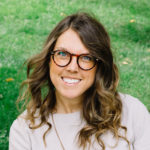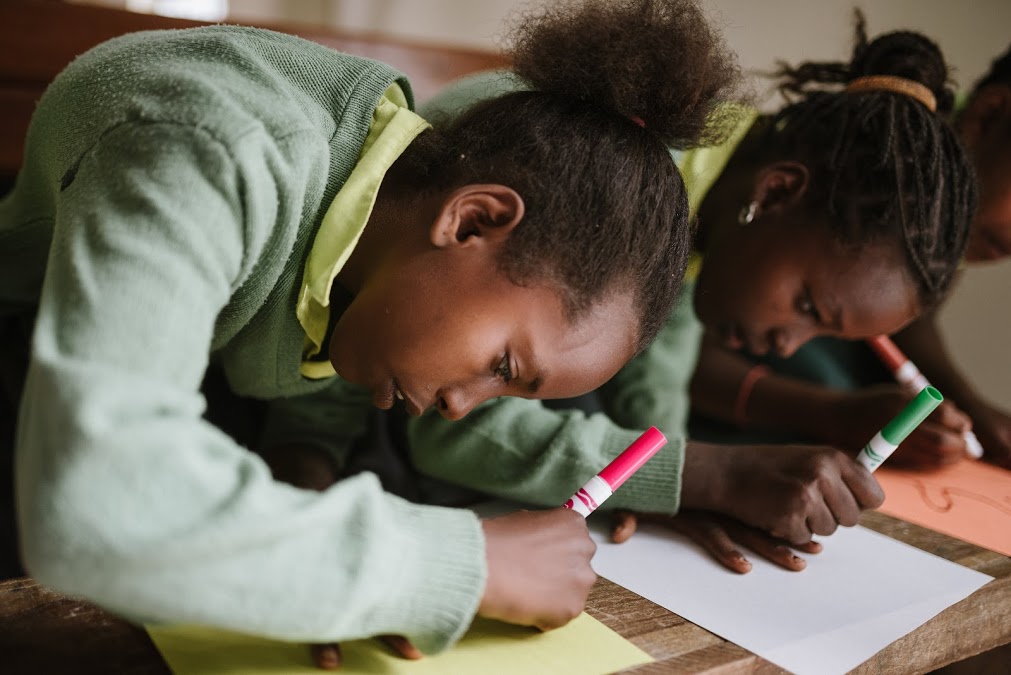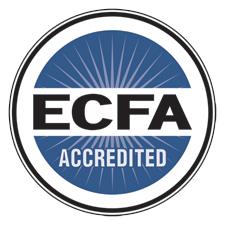When I was about 12 years old I became enamored by the freedom, creativity and connectedness that writing letters provided. It began in my French class when I was paired with Yann, a boy my age in Bretagne, France who was learning English. We were penpals for the school year. The little French I knew at the time was overshadowed by my overt usage of Google Translate, which only supported a word-for-word translation. Anyone who has learned another language knows that languages do not translate that simply. In our cryptic exchanges, I felt a sense of friendship with this stranger across the ocean. There was something about receiving a letter written by the hand of my new penpal/friend, with its curious small markings, spelling errors and swirly tendrils on certain characters, that made me feel connected. It was an exciting new awareness that friendship could develop through written correspondence.
Years later as I grew to know God and understand scriptures, my love of letters and letter-writing was reinforced by their presence in the Bible, as I learned that much of the New Testament is made up of letters, or epistles. These scriptures took on new meaning to me — one that I was familiar with. The words of Paul were no longer a set of instructions or a documented history of events, but I was actively reading and learning from a loving correspondence between friends. These letters hold the stories of individuals who are the anchors of our faith. From Paul’s greetings which often begin with loving thanks (1 Corinthians 1 – I give thanks to my God always for you…), to the longing to see his friends (Romans 1 …without ceasing I mention you always in my prayers, asking that somehow by God’s will I may now at last succeed in coming to you. For I long to see you…), to his parting words (Colossians 4 – I, Paul, write this greeting with my own hand. Remember my chains. Grace be with you.) and every lesson in between, we hear in these the love and care the author has for the recipients, his brothers and sisters in the faith. These correspondences and many others define our understanding of history.
Whether early penpals, friends or family members living far away, or artists and authors I admire, letters have long been a part of my life. In college, my senior thesis centered around handwritten epistolary publications, and it was because of a friendship rooted in letter-writing that I became connected to the people that ultimately moved me to Colorado, where I now call home. For me, letters have always been significant, and I am a passionate advocate for pulling out a pen and paper to invite a friend into my life a little more. Though our days are filled with short text messages and slightly longer emails, the power of the pen remains. Letters are points of connection. They are opportunities to get to know people — to witness a small piece of their lives and offer up some of our own.
I love the stories of HopeChest travelers who visited the home of their HopeChest Friend and saw a letter in their own handwriting and a photo of their family hanging beside the child’s bed. For some of these children, a letter from you might be their only connection to a world outside of their village. I encourage you to share your life with your HopeChest Friend and write him or her a letter. Who knows what impact a short message, a word of encouragement, or just a simple greeting might have?
You may still write physical letters to your HopeChest Friends, however online submissions are preferred and will reach them more quickly. Due to COVID-19, we are only sending mail digitally, so any handwritten letters received in the U.S. will be scanned and sent to the country office, where it is then printed and delivered to your HopeChest Friend.
______________________________________________________
ABOUT THE AUTHOR

Michelle guides the relationships between North American partners and CarePoints in Uganda, Kenya, and Eswatini. She studied at the University of Maine at Augusta, where she earned a bachelor’s in English, and attended University College Cork in Ireland to study international development. Her ideal day off would be spent skiing fresh powder at Winter Park or Copper Mountain with friends and family, but if she got stuck on the mountain forever she’d want to bring “Asgeir: In the Silence” to listen to.






